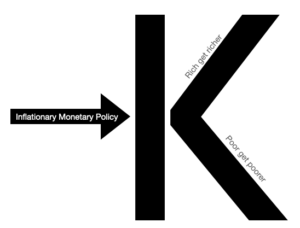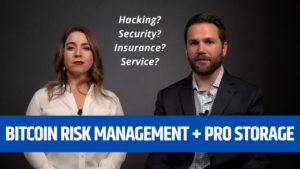There’s a case (the Howie case – can somebody provide me a good link that explains it?) that defines a security as an investment contract in which a person invests their money into a pool and expects to receive a profit solely from the efforts of others. So typically, when a person invests in something it is a security.
You may have violated securities laws in the past without even knowing it. If you’ve invested into your son’s company, it was probably a security and you were the investor. If someone has invested in your company, it was probably a security and you were the issuer. I’ve found a great resource for understanding all of this – www.nfhlaw.com – a securities attorney who has published a wealth of information (on her site, check out “Checklists & Legal Info”).
When you are pooling funds together, it makes things easier if all investors are considered accredited investors – having a net worth of at least $1,000,000 or having at least $200,000 in annual income. When all investors involved are considered accredited, it relaxes things a bit. In the eyes of the law, these investors are equipped to make good decisions on their own. If the investment goes sour, it’s assumed that accredited investors knew the risks and will have to suffer the consequences.
If you are an accredited investor, using your self directed IRA becomes much easier. There is a whole private equities marketplace out there that has investments just waiting for you. In fact, the world’s wealthiest people (according to the World Wealth Report) invest heavily in private equities, and in recent times their returns (22.6% in 2005) have been more than double almost every stock market index.
Unfortunately, the average American is not an accredited investor, and most investment promoters won’t allow you to invest in their issue. This is because if the investment goes sour, the laws consider you to be someone who may not be fully capable of evaluating risk, and if it is concluded that the disclosure document (such as a Private Placement Memorandum) was inadequate, then you may be able to recover your investment plus damages and legal costs. To make a long story short, non-accredited investors are not allowed in most private placements.


